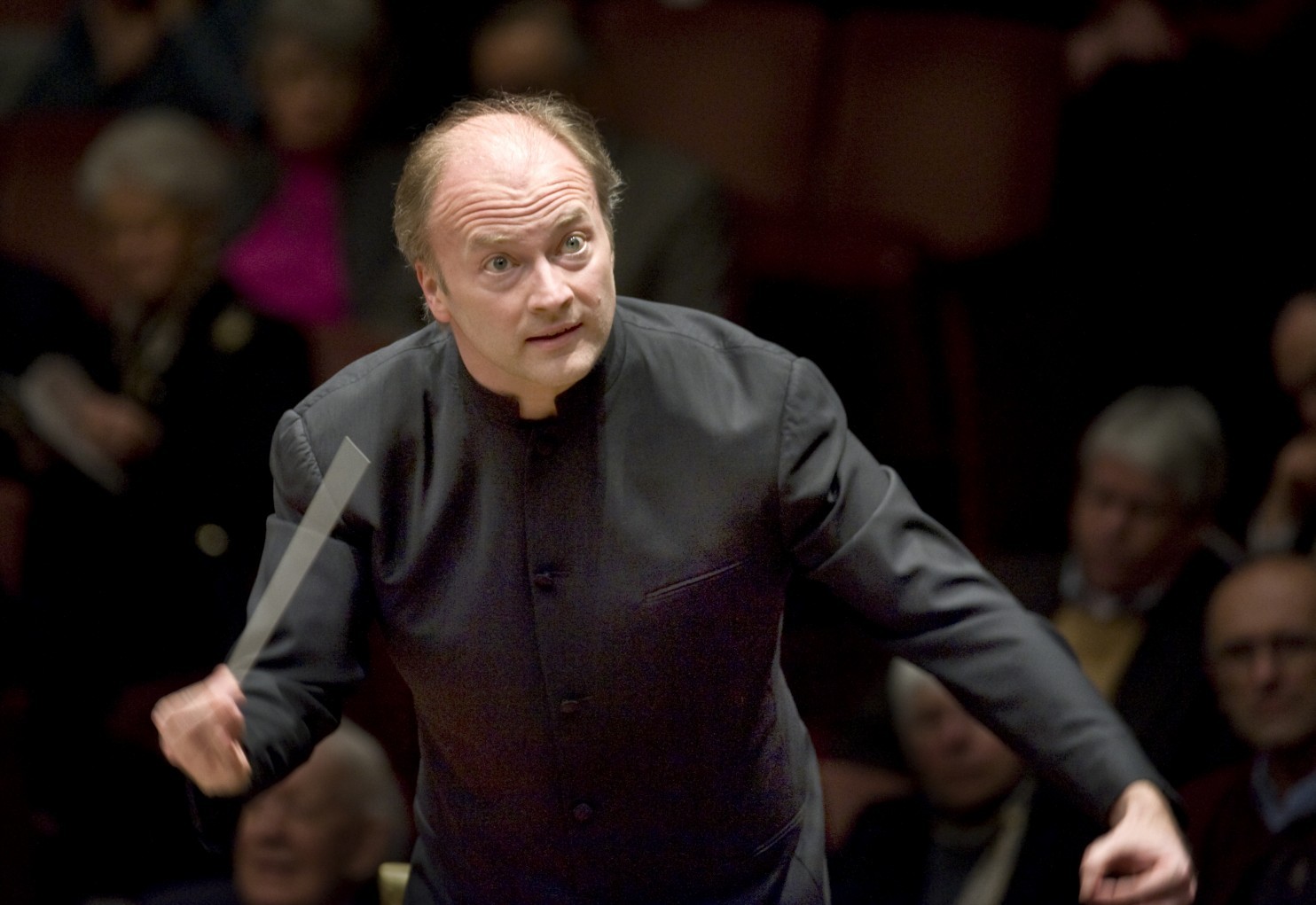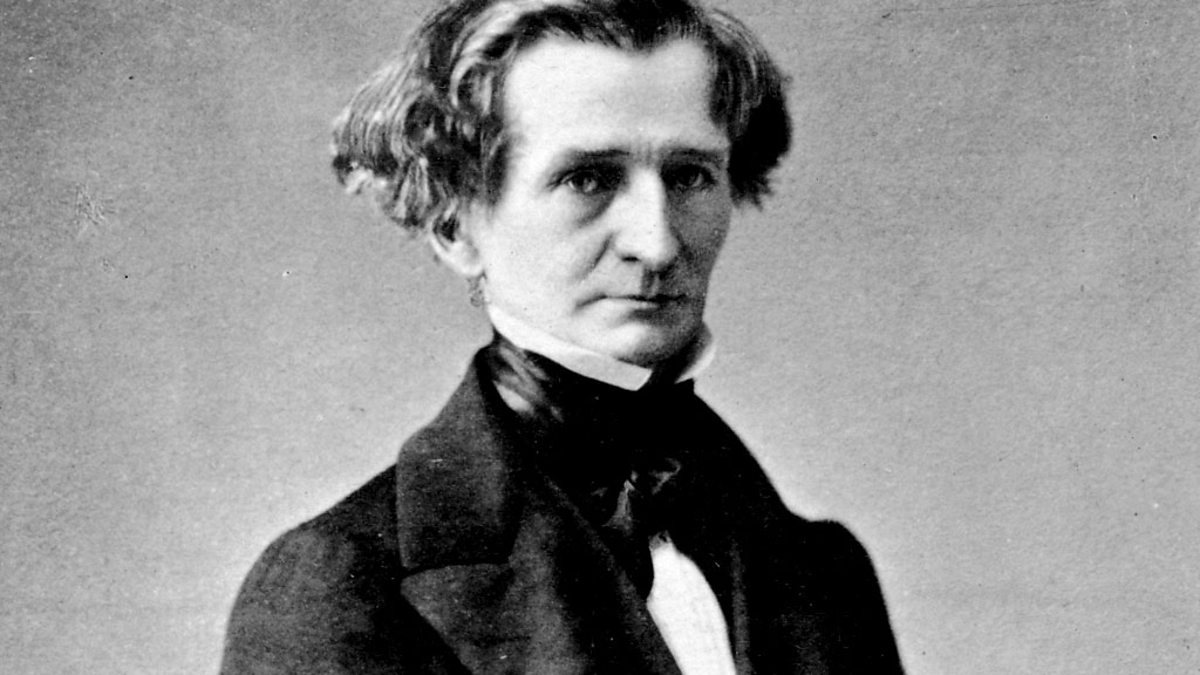Happy Birthday, Plácido Domingo
A belated happy birthday to Spanish tenor Plácido Domingo who turned 75 yesterday. In recent years, Domingo has remained active. As his voice has aged, he has successfully transitioned into baritone roles. Additionally, he has branched out into conducting. He currently serves as general director of the Los Angeles Opera, a position he held previously with the Washington National Opera. He has released numerous popular albums. In this clip from the late 1980s, you can see …





